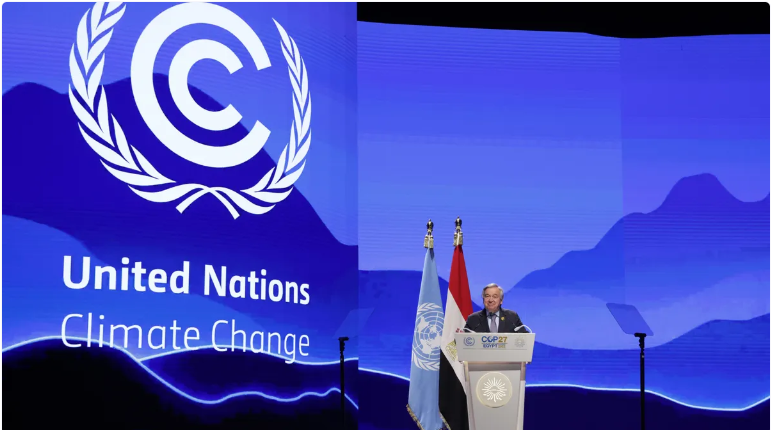In a significant advancement towards sustainable finance, the UN-backed Net-Zero Asset Owner Alliance (NZAOA) announced that its members collectively invested $175 billion in climate solutions in 2023. This represents a substantial 38% increase from the $127 billion invested in 2022, highlighting the growing commitment among institutional investors to address climate change through impactful financial strategies.
Commitment to Intermediate Net-Zero Targets
Of the 88 members of the NZAOA, 81 have committed to intermediate net-zero targets. This ambitious goal includes a collective aim to achieve a 26% reduction in emissions from key assets by the year 2025. This commitment covers approximately $4.3 trillion of the Alliance’s total assets under management (AUM), which stands at an impressive $9.5 trillion. The proactive stance taken by these asset owners underscores a significant shift in how financial institutions perceive their role in combating climate change.
The Need for Policy Alignment
Despite these promising investments, the Alliance emphasized the necessity for a “decisive shift in policy” to align governmental actions with global net-zero objectives. The NZAOA’s report highlights the paradox of increased climate investments occurring alongside a slow global transition towards sustainability. This disconnect points to the urgent need for policymakers to create a more enabling environment for green finance and to implement regulations that support the transition to a low-carbon economy.
Global Context and Implications
The NZAOA’s findings come at a critical time when the world faces mounting pressure to meet the targets outlined in the Paris Agreement. As extreme weather events and climate-related disasters become more frequent, the role of financial institutions in mitigating climate risk is increasingly recognized. The substantial investments made by the NZAOA not only reflect a growing understanding of the financial risks associated with climate change but also serve as a call to action for other investors to follow suit.
Moreover, the report serves as a reminder of the potential impact that coordinated investment strategies can have in driving the transition to a sustainable future. By mobilizing significant capital towards climate solutions, asset owners can play a pivotal role in supporting innovations in renewable energy, sustainable agriculture, and green infrastructure.
Conclusion
The Net-Zero Asset Owner Alliance’s report on its $175 billion investment in climate solutions in 2023 marks a critical milestone in the fight against climate change. With the majority of its members committing to ambitious net-zero targets, the Alliance is paving the way for a more sustainable financial landscape. However, the call for a shift in policy underscores the ongoing challenges that lie ahead. As the global community grapples with the realities of climate change, the collaboration between the financial sector and policymakers will be crucial in achieving meaningful progress toward a net-zero future.

